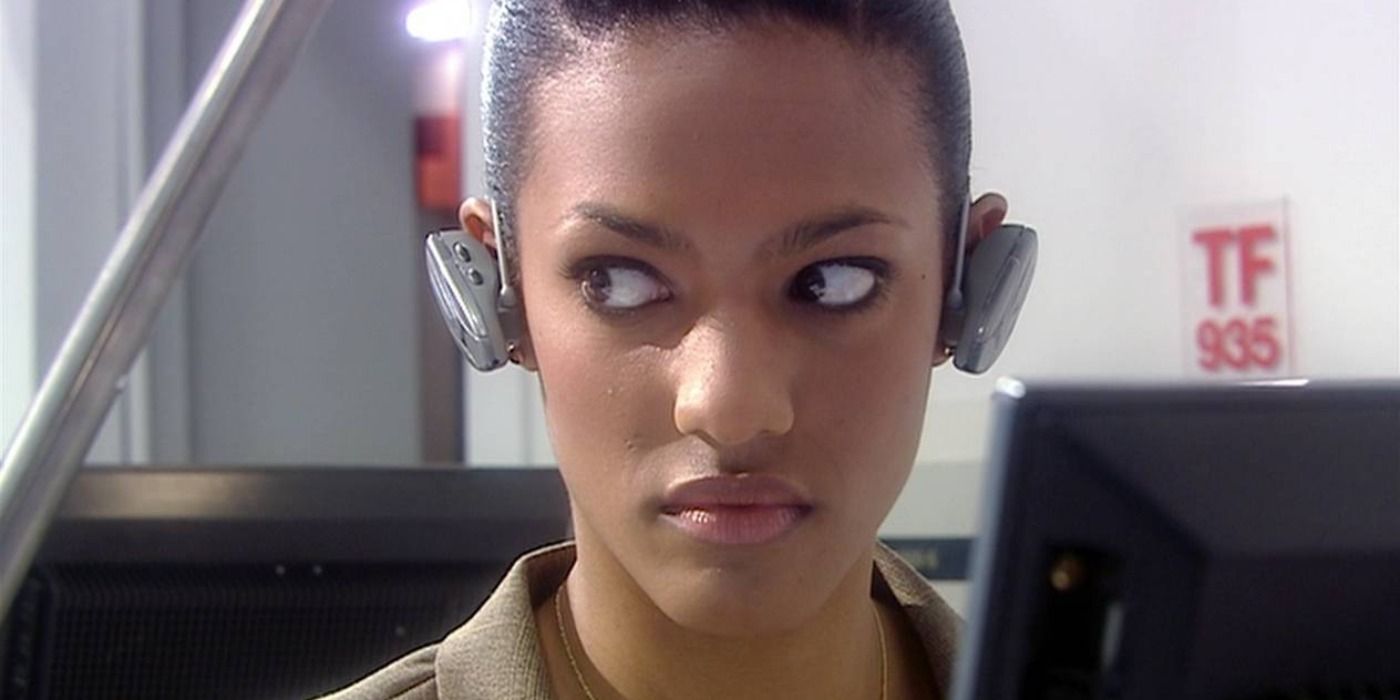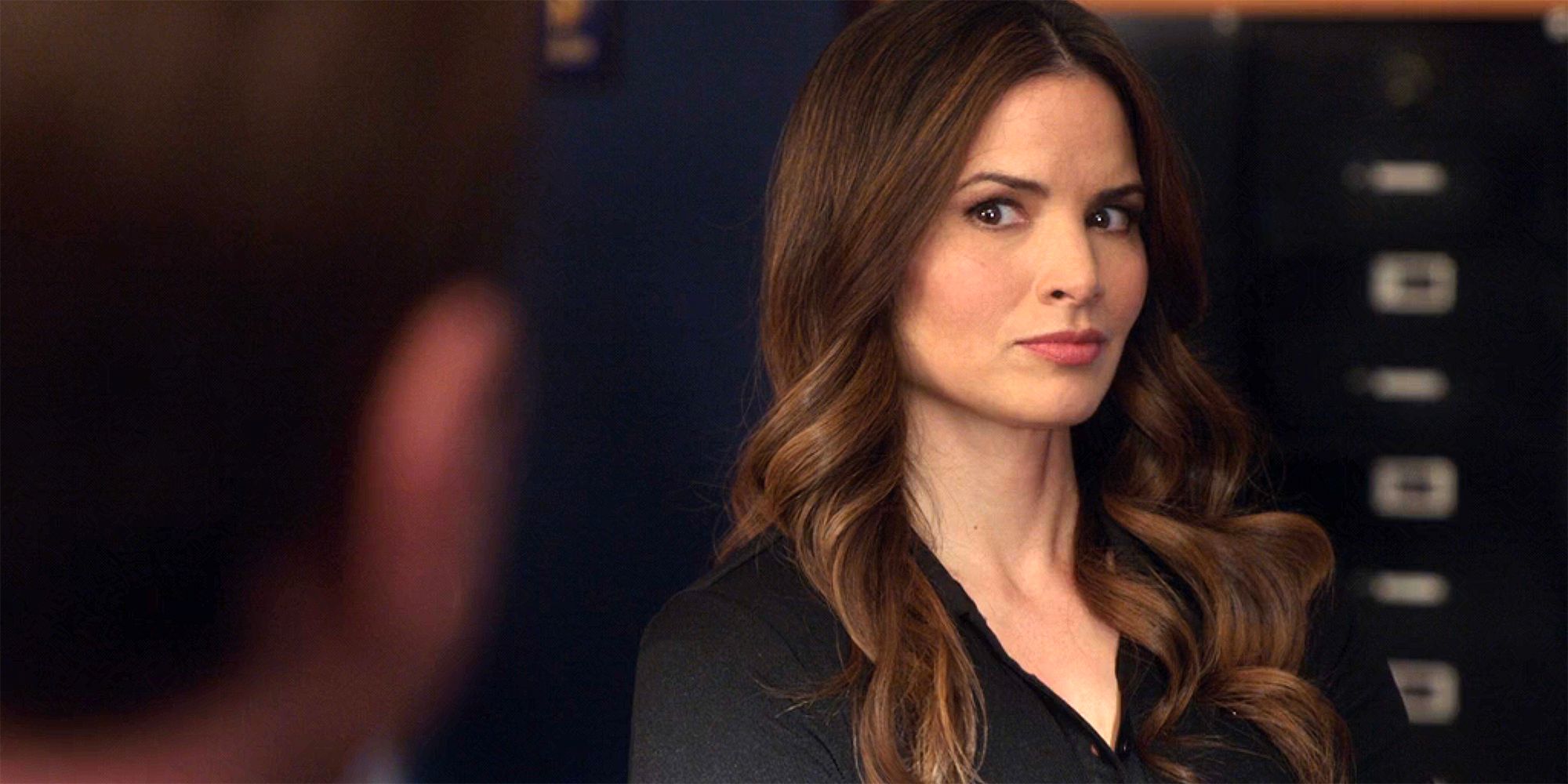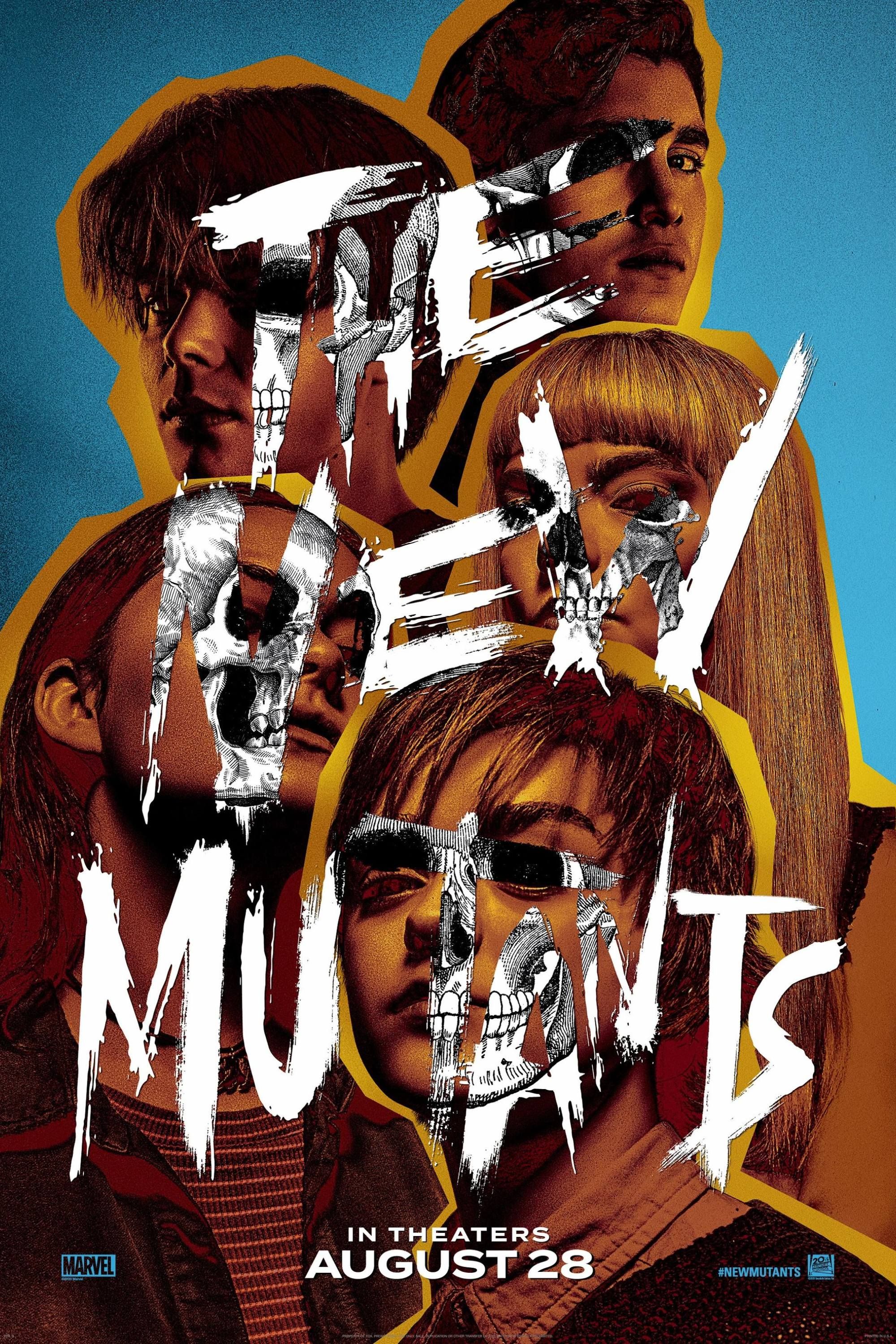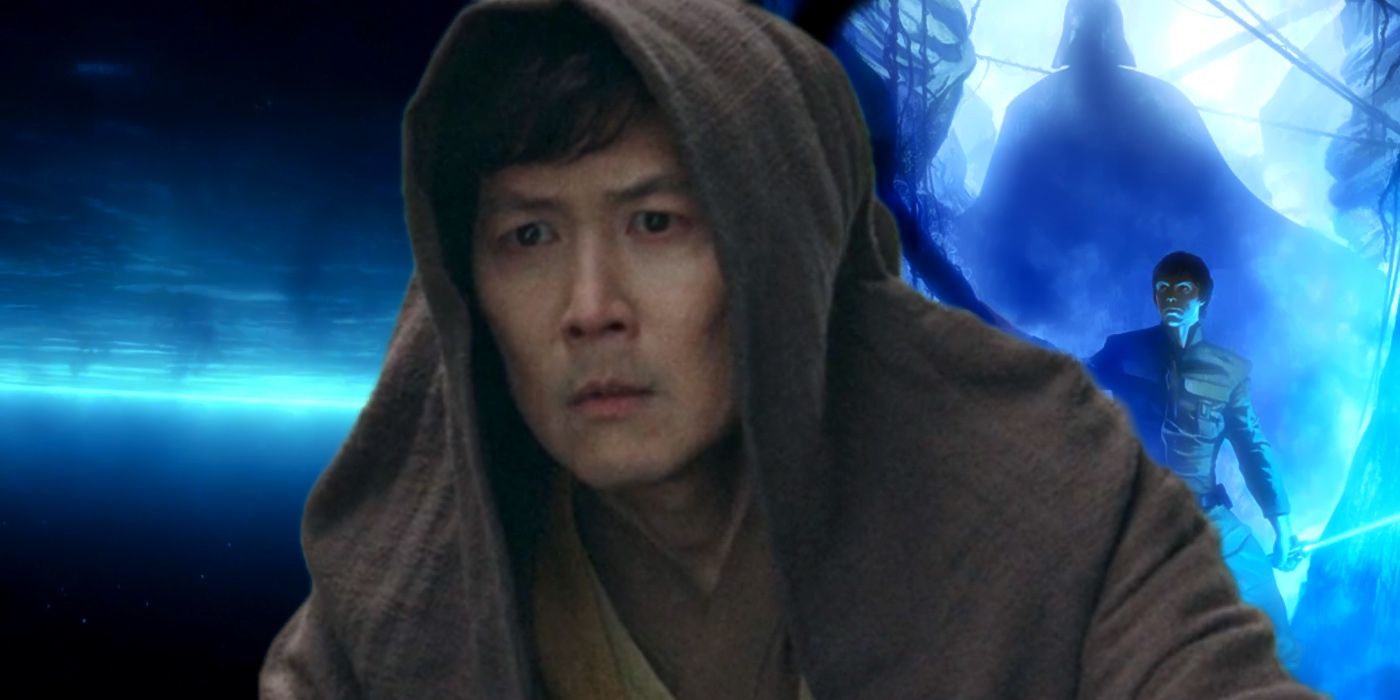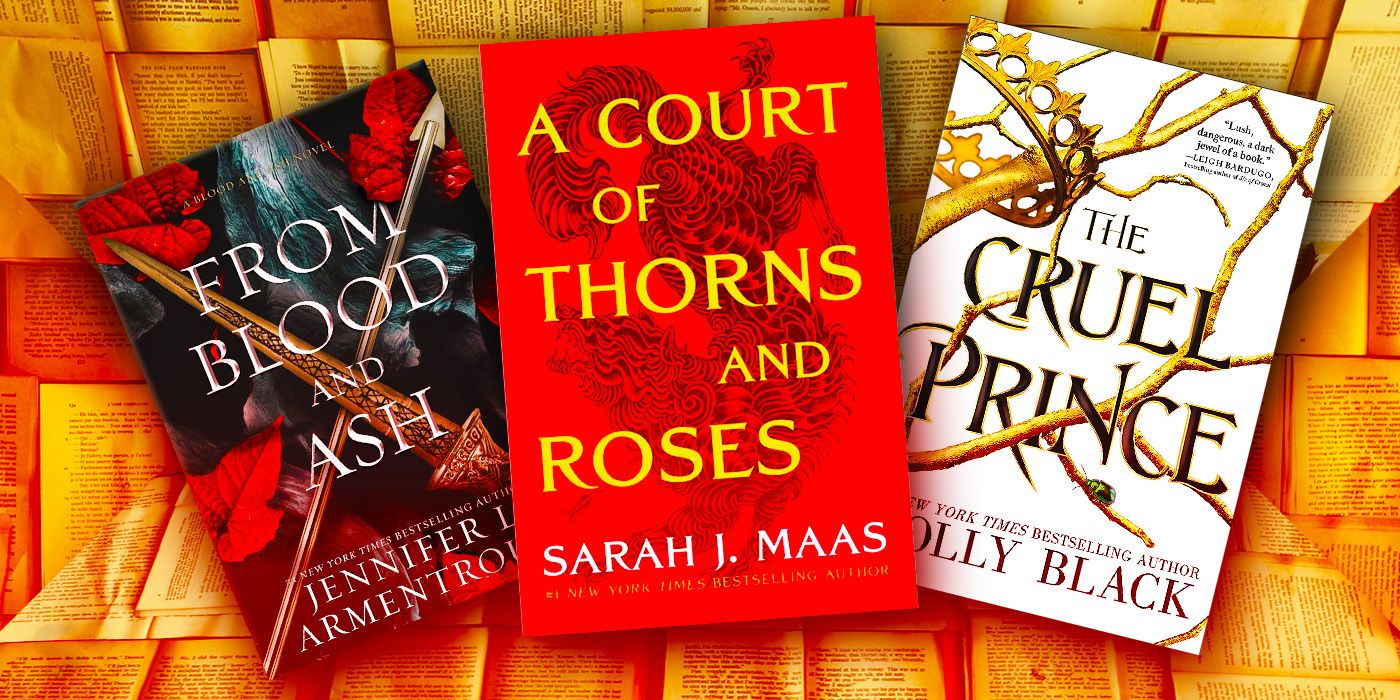Ron Howard’s drama Hillbilly Elegy is based on a critically adored memoir, but the new release on Netflix has received some brutal reviews. So why are the reviews of the Amy Adams vehicle so bad? Every awards season has at least one major dramatic flop and it appears that Ron Howard’s long-awaited adaptation of JD Vance’s bestselling memoir Hillbilly Elegy is this year’s bust, after proving to be a resounding failure with critics.
Produced by Netflix, Hillbilly Elegy tells the tale of three generations of the Vance family, an Appalachian brood living in poverty whose young son eventually attends Yale law school despite the odds being stacked against him. There, he finds himself unsurprisingly out-of-place but, by recalling the advice of his cartoonish granny (played by Glenn Close) and the resilience of his unstable, addicted single mother (Amy Adams), he perseveres and becomes a wealthy professional.
Despite featuring some impressive acting pedigree in the form of Adams, Close, Freida Pinto, and Haley Bennett, Hillbilly Elegy is currently receiving reviews as bad as those earned by 2020’s other prominent flop, the much-derided horror Antebellum. The overwhelming sentiment expressed by the vicious reviews is that the movie fails to express any meaningful understanding of the plight of the American working class, instead caricaturing some of the country’s most disenfranchised citizens for cheap and ineffective pathos.
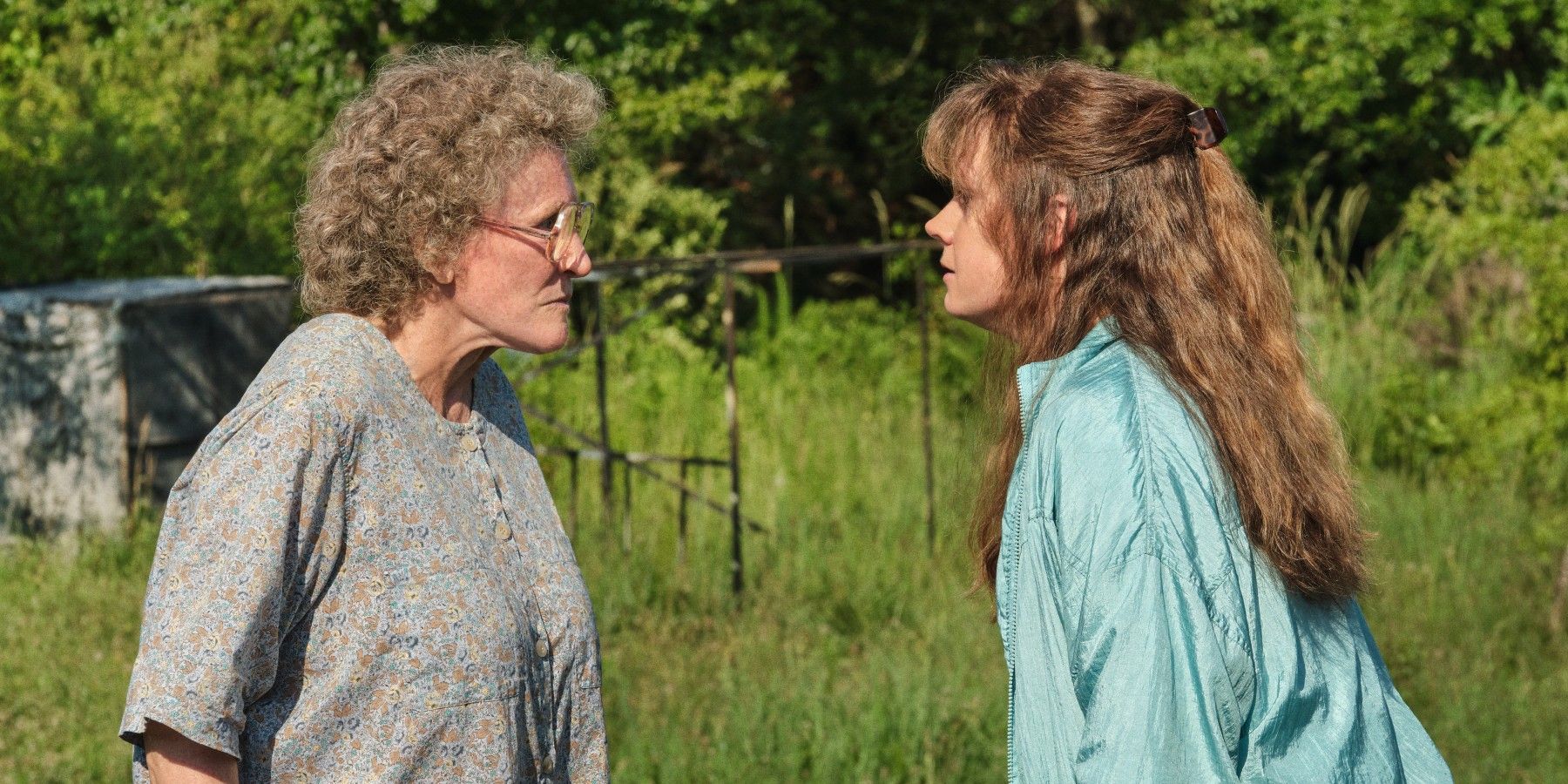
The New York Times:
“Adams plays every scene with the pedal to the metal, clocking zero to howling frenzy in 10 or 15 seconds… [in] the strange stew of melodrama, didacticism and inadvertent camp that Howard serves up”
Vulture:
“The book is poverty porn wrapped in a right-wing message about the cultural pathologies of the region. In Vance’s Appalachia, poverty and immorality intertwine. Success happens to hard-working people, and structural explanations for poverty receive glancing attention when he chooses to mention them at all. Vance, meanwhile, is a hero by virtue of his escape… The film Hillbilly Elegy isn’t meant for the people of Appalachia, or the Ozarks, or the Rust Belt. No hillbilly film is ever made for the people it depicts. They’re intended for people with power and security, people who want to believe that money is the same thing as integrity or intelligence and that, conversely, an absence of money indicates something about a person’s character. Viewers want to look at the hillbilly and reassure themselves they are not that… the most offensive performance of the film belongs to Amy Adams, who shrieks, squeals, and flails through scene after dreadful scene. As Vance’s mother, who suffers from undiagnosed mental health issues and an eventual substance abuse problem, Adams is a banshee”
The Guardian:
“Hillbilly Elegy is like the “personal statement” that an American teenager would put on an application to an Ivy League college… contrived and self-conscious.”
The Atlantic:
’Adams’s work is unfortunately calibrated, a gross pantomime of suffering that sees her screaming dialogue to the heavens… Hillbilly Elegy is a think-piece trap; it might be tempting to view little moments as sweeping commentary, but the film’s ambitions simply aren’t that serious.”
Although the performance from Kings of Summer star Gabriel Basso is receiving comparatively less ire than most of his co-stars, the depiction of Vance’s ascent into law school as an inspirational feat fell flat with many reviewers. Many noted that the source memoir also struggles to empathize with the working class as it focuses on Vance’s success and seemingly blames the struggling Appalachians for their plight. Originally intended to be an Oscar hopeful, it now looks likely that Hillbilly Elegy will join the likes of last year’s Cats and 2020’s New Mutants as misguided misfires that are most notable for their howlingly bad critical reception.
However, the reviews of Hillbilly Elegy are arguably even more brutal than those received by Cats and New Mutants, as the critically maligned musical adaptation and superhero movie had no aspirations to be taken seriously as a political statement or a “message movie”. In contrast, Hillbilly Elegy was intended as a moving portrayal of a rugged individual succeeding despite his humble origins. Instead, the vast majority of reviewers agree that Hillbilly Elegy is more like a self-serving hagiography that dismisses most of its subjects, strips its story of any political point, and is dragged down by embarrassingly bad performances from usually reliable performers.

